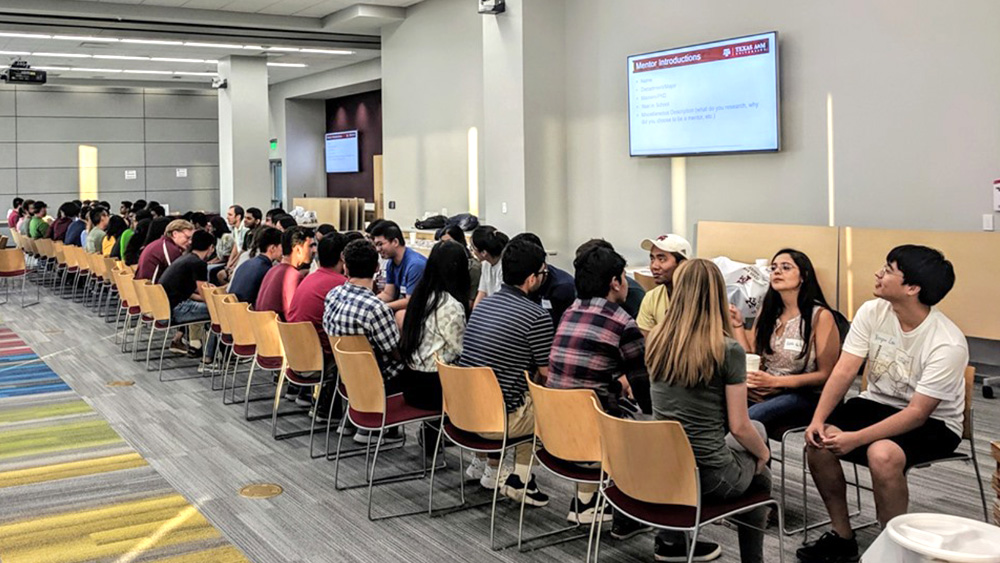
In an effort to support first-year graduate engineering students, the College of Engineering has created a new peer mentorship program to aid students in their transition to graduate school, benefiting both their academic and social lives.
Not only is this program a growth experience for mentees, but it also offers opportunities for mentors to help other students find their place. This program is currently designed to accommodate 75 mentees; however, this number is expected to expand in the future. Interested students can sign up at the Graduate Programs Office and mentors can submit an application in April 2020 for the 2020-21 academic year.
We believe that graduate students need to put time and energy into their overall well-being, which is why our mentorship program is designed to focus on various aspects of graduate life.
Alexandra Hardman, program specialist for Engineering Graduate Programs, said that mentors provide academic and professional guidance, including research skills, networking, time-management, advisor relationship advice and more. Peer mentors have completed at least one year of graduate school and are in good academic standing.
“We believe that graduate students need to put time and energy into their overall well-being, which is why our mentorship program is designed to focus on various aspects of graduate life,” Hardman said.
The program is designed in a way that each mentor is matched with three mentees based on preferences and majors.
“While graduate school is expected to be a fulfilling and enjoyable experience, most graduate students will face challenges along the way,” Hardman said. “Our peer mentors serve as a helpful guide, providing experience and advice to help mentees navigate those challenges.”
The program’s overall objective is to help students meet their academic and personal goals as they transition into graduate school.
“The outcomes are expected to be different for everyone, but we anticipate that students will have a more enjoyable experience throughout their first year at Texas A&M, minimizing stress and increasing the number of positive experiences they take part in to reach their goals,” Hardman said.
Learn more about the program here: tx.ag/GradMentor.